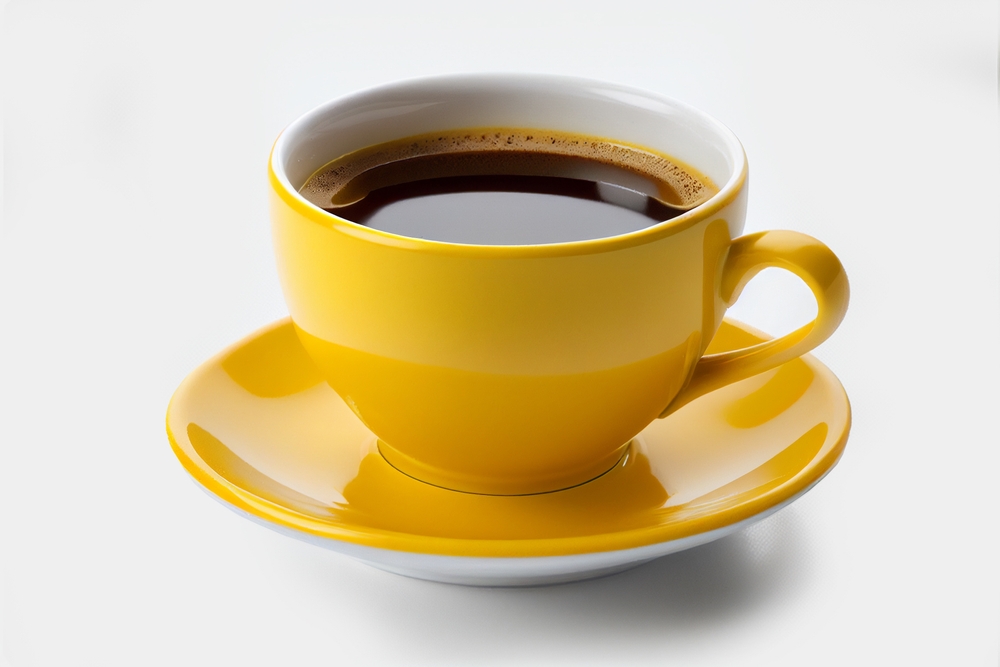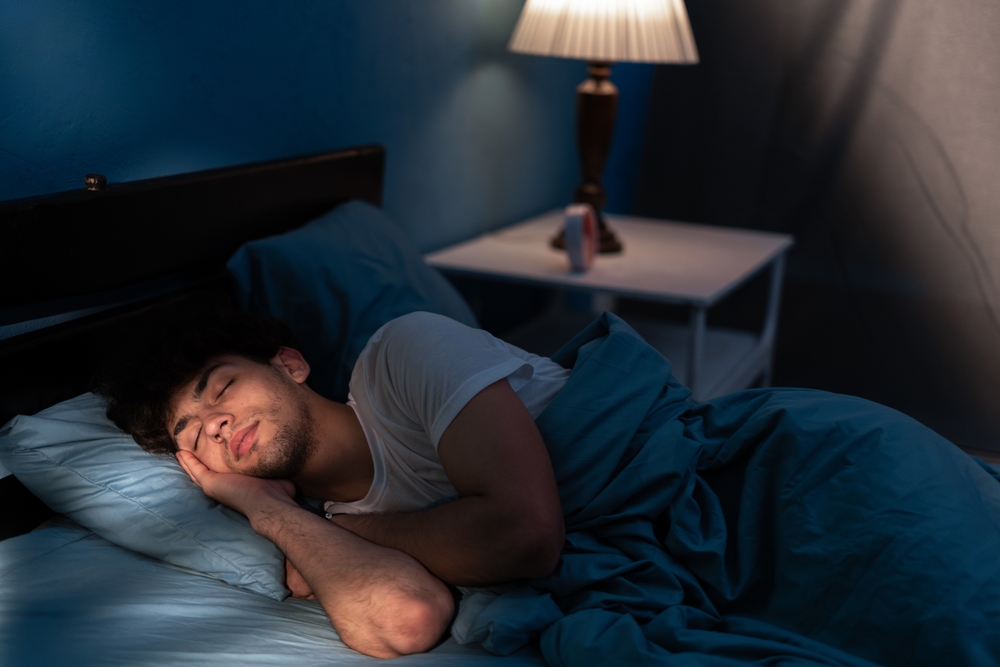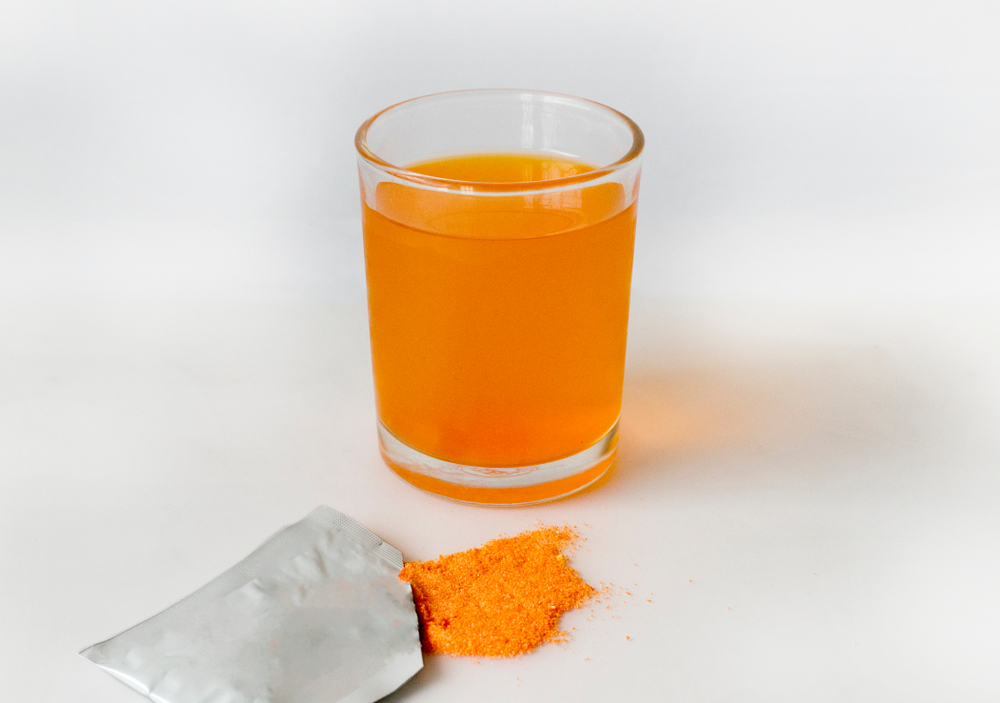What’s the first thing you do in the morning? If it’s drinking a coffee, you’re not alone. For many of us, asking us to get anything accomplished before that first cup of joe is nearly impossible. This is especially true after a night of poor sleep. While that morning dose of caffeine may help you perk up so you can get on with your day, it may have an unfortunate side effect. A new study recently revealed that drinking coffee immediately after waking up could impair your blood sugar levels.
Drinking Coffee Before Breakfast

Researchers from the Centre for Nutrition, Exercise, and Metabolism at the University of Bath in the UK performed the study. Their goal was to determine how a broken sleep and a morning cup of coffee affect different aspects of your metabolism.
To perform the study, the researchers had participants undergo three different overnight experiments, in random order:

- In one, condition participants had a normal night’s sleep and were asked to consume a sugary drink on waking in the morning.
- On another occasion, participants experienced a disrupted night’s sleep (where the researchers woke them every hour for five minutes) and then upon waking were given the same sugary drink.
- On another, participants experienced the same sleep disruption (i.e. being woken throughout the night) but this time were first given a strong black coffee 30 minutes before consuming the sugary drink.
The glucose drink contained the same number of calories as what someone might typically eat for breakfast.

After each experiment, the researchers took blood samples from the participants. Their results were as follows:
- One night of disrupted sleep did not worsen participants’ blood glucose/insulin response at breakfast compared to a normal night’s sleep.
- When participants drank a strong black coffee before breakfast, their blood glucose response increased by fifty percent [1].
Read More: Drink these types of coffee to live longer, study says
What does this mean?

That while drinking coffee after a bad night’s sleep may make you feel more awake, it could limit your body’s ability to tolerate the sugar in your breakfast. Professor James Betts is the Co-Director of the Centre for Nutrition, Exercise, and Metabolism at the University of Bath who oversaw the work. He pointed out that almost half of the adult population drinks coffee first thing in the morning before eating anything. The more tired we are, the stronger the coffee.
Betts explained that until now, we didn’t really know how that coffee was affecting our bodies. More specifically, we were unaware of how it was affecting our metabolism and blood sugar control. “Put simply, our blood sugar control is impaired when the first thing our bodies come into contact with is coffee, especially after a night of disrupted sleep,” he said [2].
Read More: 34 Foods That Give You Longer Lasting Energy Than Coffee
Are there Implications for Other Diseases?

Since keeping our blood sugar levels within a safe or normal range is prudent to reduce the risk of conditions like type II diabetes and heart disease, it can be said that these results could have ‘far-reaching’ health effects especially considering international love for coffee. While this would only be one tiny aspect of disease prevention, it’s a meaningful discovery nonetheless.
The Takeaway

Does this mean you have to give up your morning coffee completely? Not necessarily, you just may want to re-think when you drink it. Betts suggests eating first, then drinking coffee later if we feel we still need it. Lead researcher Harry Smith says that individuals should try to balance the stimulating effects of caffeine first thing in the morning with the potential for higher blood glucose levels. “It may be better to consume coffee following breakfast rather than before,” he says [2].
He added that there is a lot more to learn about how sleep affects our metabolism. For instance, how much sleep deprivation does it take to impair our metabolism? What are the long-term complications? How do other factors, like exercise, affect these results? While there are still many questions that need answers, if you tend to drink coffee first thing, you may want to reconsider your morning routine.
Read More: Try This Delicious Turmeric Coffee Creamer

